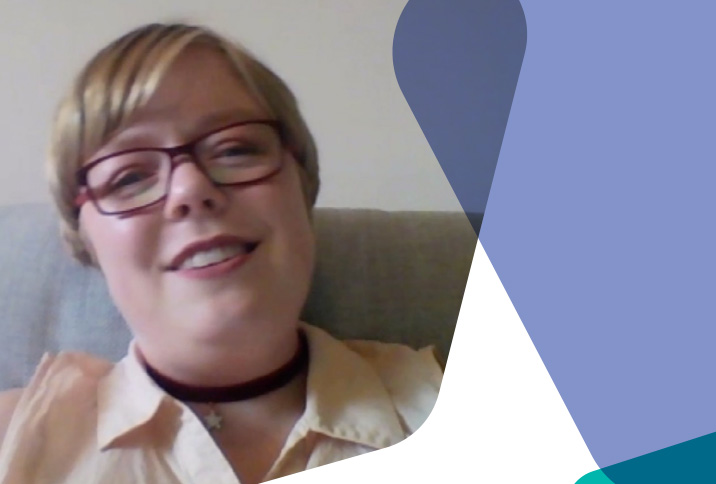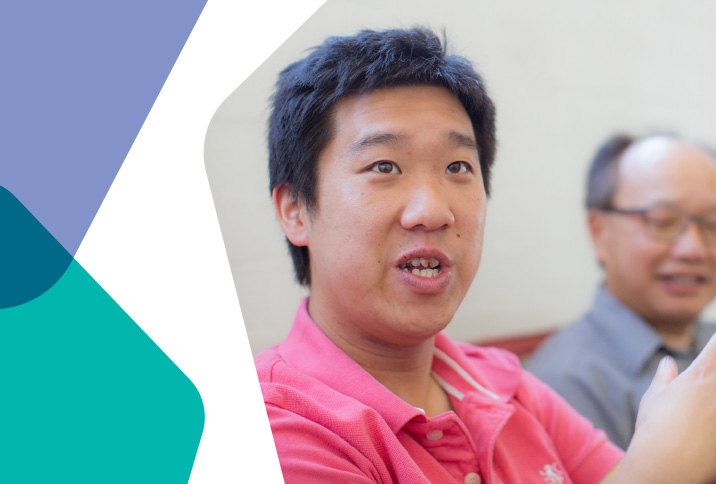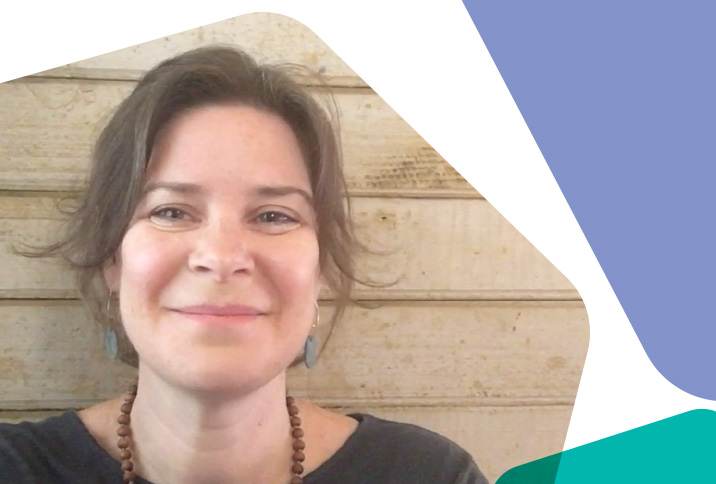CHECK TAN – My autistic son Jonathon.
My autistic son, Jonathon aged 25, is not particularly affected by sensory stimuli but he can be adversely affected by changes, and he stims whilst at work.
However just because he talks to himself (we have showed him how to do it at lower volumes), he is still concentrating on his work and the people’s conversations around him.
Acceptance is clearly shown because his colleagues learn to ignore his stimming whilst acknowledging that he is still attentively listening without looking at them in the eye.
So in preparation for the workplace, Becca Foodstore I have highlighted to his colleagues his particular habits (talking to himself, greeting everyone and speaking at the same volume at all times until reminded), his concerns with changes and how to help him overcome his anxiety with changes.
In short, my son will adapt to changes when a trusted person (his supervisor) explains the changed process to him, all that will happen and if there are several outcomes, what these are and how each of these outcomes can be addressed.
So removing the unknown removes the anxiety. Even if all outcomes cannot be defined and explained, stating to my son that his supervisor will attend to the outcome is usually sufficient to allay his concerns.
Another accommodation provided is a whiteboard which lists all of his duties for that day and so when something urgent crops up, he can be interrupted, set a new task and when completed resume his list.
Having a list also means that changes can be communicated to him in an unambiguous manner. The list also serves to provide the certainty of the next task should there is idle time in the workplace.
Clear rules are also needed and these must be set very specifically such as no mobile phones whilst at work. This reduces the distraction associated with the constant messages, alarms and notifications that come through.
This also means that no one else can have a mobile phone at use in the workplace. Hence the rule was set as ‘No mobile phone while operation xxx or working on yyy’. This very specific rule means that mobile phones can be used in other circumstances and by different people performing different tasks.
*** I have tried to summarise the various habits of Jon
Jonathon talks to himself sometimes sounding like a commentator describing a cricket or footy match.
Alternatively he is having a 2-way conversation as if practising for a social encounter. Jon greets every visitor and introduces himself and tries to make it his business to know this new person he has met.
This over-friendliness can be managed by reminding Jon of his role at the workplace and that the stranger is here for a business purpose. His current modus operandi is to visit each of the 4 neighbours and greet each person before starting work.
Jon also repeats any out of ordinary event eg something is late and keeps repeating until that event is acknowledged and explained that the delay is acceptable and does not pose an issue.
He also prefers instructions using his name to avoid confusion with pronouns (you). Jon prefers unemotional almost mono-tonal instructions with minimal shouting although that can be tricky in a busy kitchen.
Instructions are preferred step-wise rather than nested and it should be clear who is supposed to be giving instructions.
When a change is required eg change in recipe or priorities, it is best that Jon is advised that the change is Plan B and is applicable only this occasion. Giving an instruction to counterman a previous process without explanation is confusing and can lead to internal conflict within Jon.





